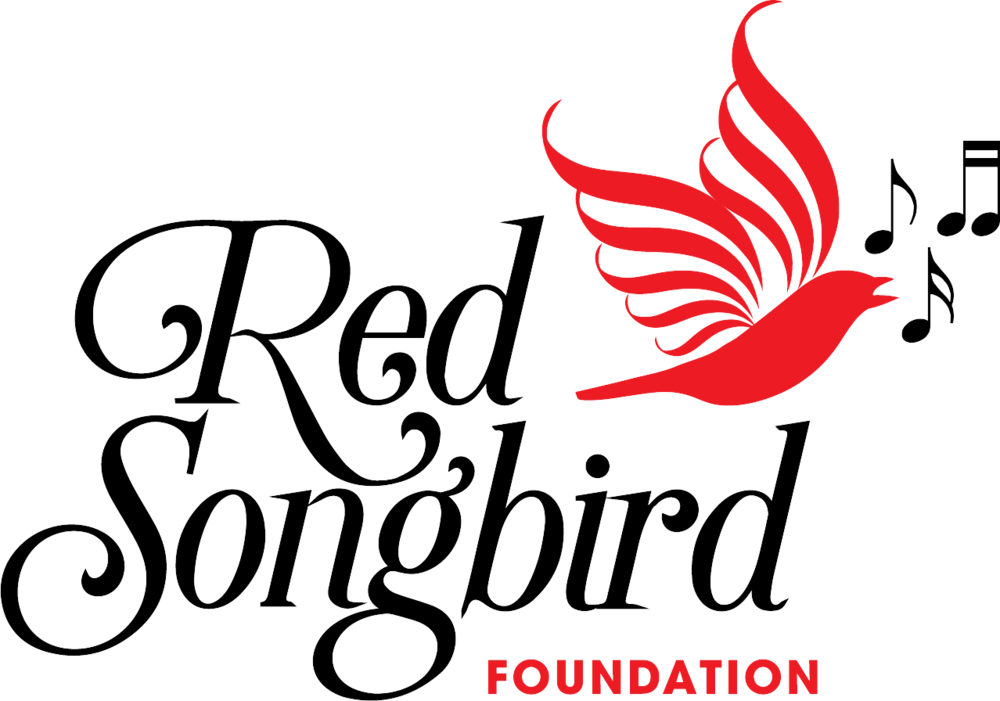What Do You Do When A Loved One Is Struggling?
What Do You Do When A Loved One Is Struggling?
By Jaana Woodbury
It can be difficult navigating situations where you or a loved one may be struggling with Substance Abuse and Mental Health. These issues have accelerated in the last two years and mental distress can be seen in many populations, including individuals with no history of mental illness, younger adults, racial and ethnic minorities, and essential workers.
No one is immune from Substance Abuse and Mental Health issues, and it isn’t always easy or clear how to navigate this unknown terrain. Clinical psychologist and Psychoanalyst, Suzanne Klein states that it’s, “a tough spot, because you want to ‘dig’ at them to find truth, but you also want to respect their privacy and autonomy.” The reality is you can do both and it’s important to take into consideration a few steps.
1- The environment
It is always best to bring up any concerning behaviors in a situation where tensions are low. This may seem like an obvious approach, but generally there is a lack of education and insight to Substance Abuse and Mental Health Disorders, not to mention the constant stigma attached.
There is also a chance that elements have moved past ‘low intensity’ emotions and a conversation can’t seem to be had without an explosive disruption. Or on the contrary, a conversation can’t be had AT ALL due to an individual who may be entirely detached and shutdown. If they usually shy away from a conversation, it may be helpful to begin a conversation, like, “Things have been so stressful lately, how are you?” In considering the environment, ultimately someone or something needs to be heard.
2- In conversation, consider your intention. Are you coming from a place of concern or judgement?
If you are coming from an approach of being ‘scared’ to talk about it or nervousness, then it is important to evaluate your own social and societal stigma. If you ARE worried, then know it is legitimate, but how you go about communicating concern can contribute to how it is received.
It is important to remember that these issues are not a choice. Substance Abuse alone took more than 93,000 lives in 2020, resulting in nearly a 30% increase. Poly-substance abuse is also becoming more popular and placing blame or projecting issues onto someone will only cause more harm.
3- Use observations when openly discussing WHY you are concerned
The last thing you are intending to do is to make the other person feel attacked or that your statements don’t have validity. Gently pointing out behaviors is imperative.
Avoid statements like, “I think you have Depression.” It is not our roles to diagnose, only to express concern. It is also helpful to just ask questions. “What do you think is going on?
4- Share your own experience
If you are comfortable doing so, sharing your own experience will increase chances of an open and honest conversation. Vulnerability typically comes when others ‘let their guard down.’
Sometimes when individuals are struggling, all they may need to hear is that they’re not alone. Often, dysfunction will leave those involved feeling isolated and hopeless, like they’ll never be able to really share their truth.
Navigating how to help someone struggling with drugs and alcohol or mental health can be isolating in of itself! Fear of judgement, saying the wrong things, or making the wrong decisions leave many crippled and unable to effectively intervene.
The evolution of the actual solution for these matters only continue to strengthen. We are seeing an increase of youth who are deciding to commit to a sober lifestyle as young as 10, or we see many recover from a mental disorder that felt completely hopeless.
There are even initiatives that focus on breaking the stigma solely associated to these disorders! Where there is connection, there is hope and beginning the conversation is the first step. To learn more about how you can be supported by a professional, a form may be filled out with assessing criteria on www.redsongbird.org
-Jaana Woodbury
Published December 17, 2021

